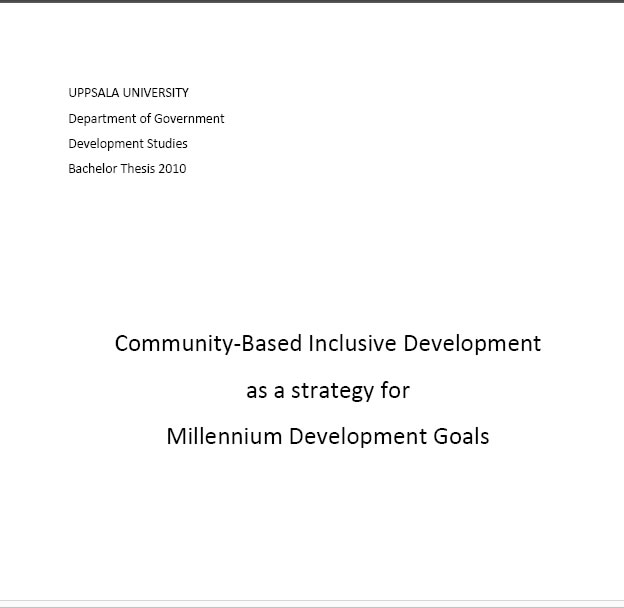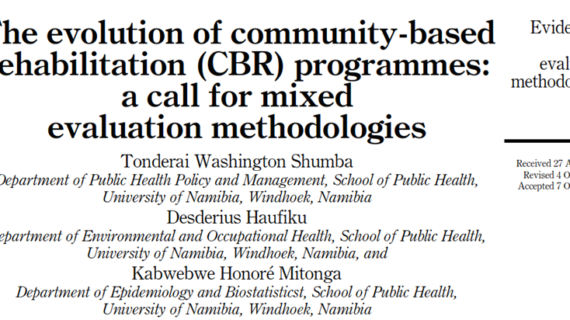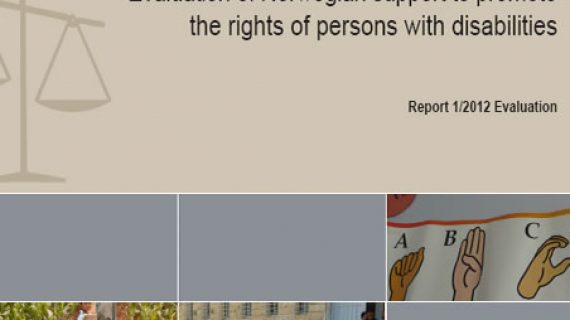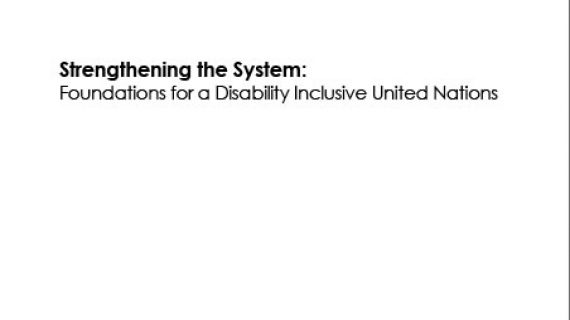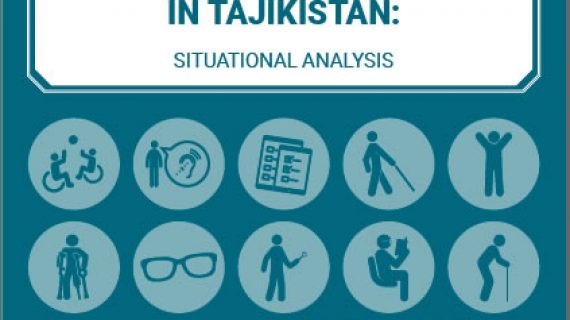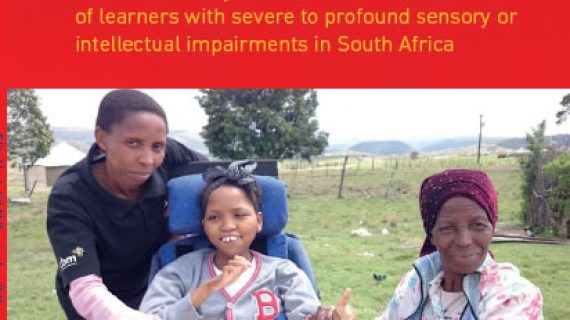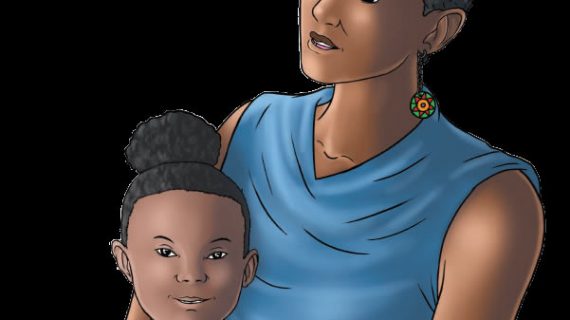Community-Based Inclusive Development as a strategy for Millennium Development Goals
Disability is often synonym with poverty which is not just about economic development, though important if the resources are distributed democratically. The theoretical framework of Amartya Sen is used where poverty comprises many aspects such as lack of substantive and instrumental freedoms. Persons with disability often experience severe discrimination, marginalization and social stigmatization.
The deprivation trap described by Robert Chamber with powerlessness, isolation, poverty, physical weakness and vulnerability is, according to this thesis, highly applicable concerning the discourse of disability. Community-Based Rehabilitation (CBR) may serve as a strategy for Community-Based Inclusive Development (CBID) to counter excluding processes on individual as well as societal level.
The impact of CBID on substantive and instrumental freedoms and the interlinked empowering processes is examined by the example of the rural rehabilitation center Piña Palmera in Mexico. The study supports that the work for CBID promotes sustainable processes that may contribute to achievement of the Millennium Development Goals (MDGs) and go further. It is argued that there exists a need for an increased influence of vulnerable groups on the public policy combined with a fulfillment of the obligations by the authorities.

